Spanning the eastern
Caerced Mountains in the northern reaches of the Empire, the
Edoas Strip separated the
Vael Shi'rys region of
Olienn from the
Adógan region in
Castrillis. Ownership of the strip, however, had been hotly contested for centuries; both the Genasi and the Elves believed their people maintained an ancestral stake in the region, stretching back to the dawn of its settlement.
Both the Elves and the Genasi refused to consider negotiations over the strip's ownership, or even the formation of a peace treaty for unified occupation. As a result, skirmishes between the two groups were already common before the events of
the Cleansing- which only served to further increase their already strained relations.
Encroachment & Battle
When Queen Nenryn decided to "cleanse" Olienn of non-elvish settlers, efforts began in the southern reaches and expanded northward. After 5 years the
Phy'ithian Legions of Olienn had completed their bloody work in the south and turned their eyes towards the northern borders- including the Edoas strip. And by midyear in 6033, the Legions of the Queen were camped along the border of the Edoas region awaiting their orders; soon Olienn would belong solely to the Elves- or so they thought.
Unknown to the Oliennesian Crown, the Genasi of the Edoan Strip had begun organizing and amassing supplies several years prior, at the start of
the Cleansing; all too aware that
the Cleansing would be used as a vehicle for Olienn to obtain a final, decisive ownership over their region, they had banded together under the name
Asanari Grera.
At First Breath on 19 Jenia 6033,
Cpt. Brilicia e'Orahon on the eastern front, and
Cpt. Achyn Cylien on the western front finally received orders to begin their advance into the portion of the Edoas region controlled by Olienn at the time. But the Asanari Grera had been waiting for this moment since the Legion had turned their eyes northward.
Shortly after First Breath, before the Phy'ithian Legion could begin their advances, the Genasi (led by
Keani Lohia-Vele and
Halim Pulungan) launched a massive preemptive strike against the Legion. By Sun's Kindling the next day, the Asanari had captured 3 of the temporary Phy'ithian Forts, decimated at least 8 of their camps, and brought the casualty count into the thousands.
Soon after the decimation,
Lohia-Vele and
Pulungan organized to meet with
e'Orahon and
Cylien. They demanded an immediate end to Phy'ithian activity in the region in exchange for safe passage home. It took another day of deliberation- and 3 small skirmishes- for the Phy'ithian Captains to finally agree to the terms and sound a final retreat.
It was an undeniably decisive victory for the Asanari Grera, who lost fewer than 300 soldiers over the course of the battle- while Olienn's Phy'ithian Legions sustained a casualty count ranging between 2,000 and 3,000. But while
the Battle of Glimmering Hill ended
the Cleansing, however, more than 100,000 citizens had fled Olienn in search of refuge during the conflict (many of whom settled in
Rusatar), and at least 300,000 died during its course.









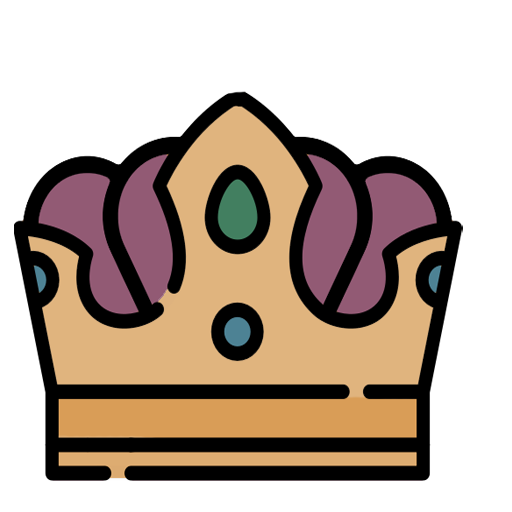
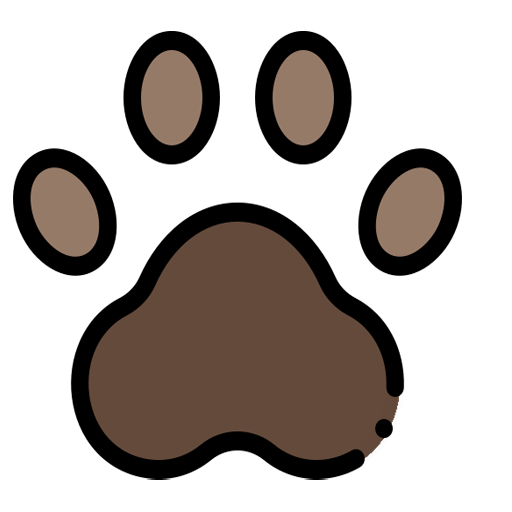









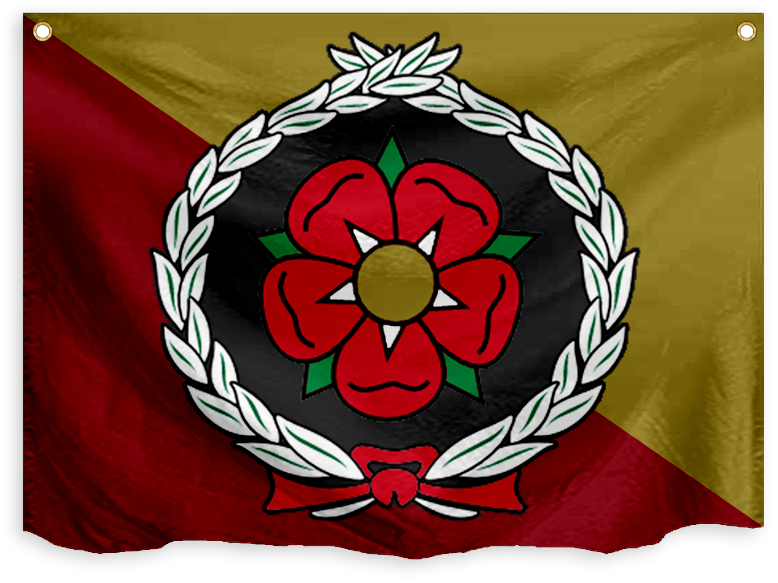
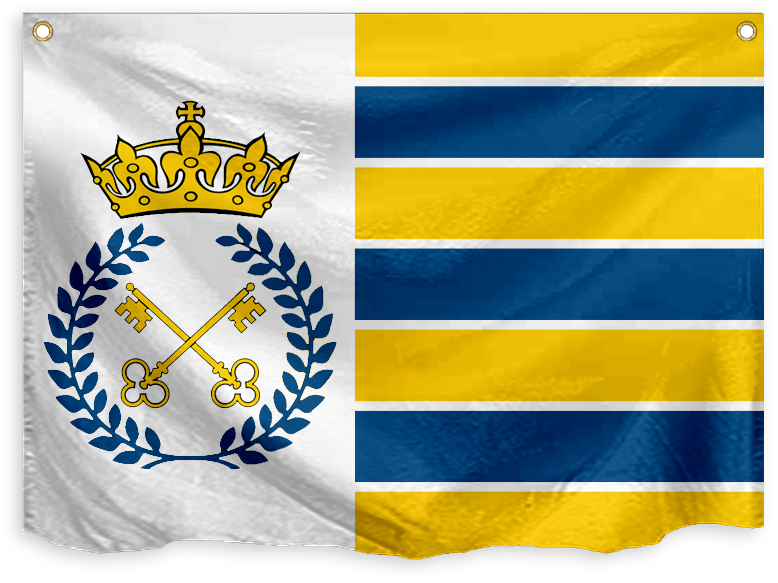

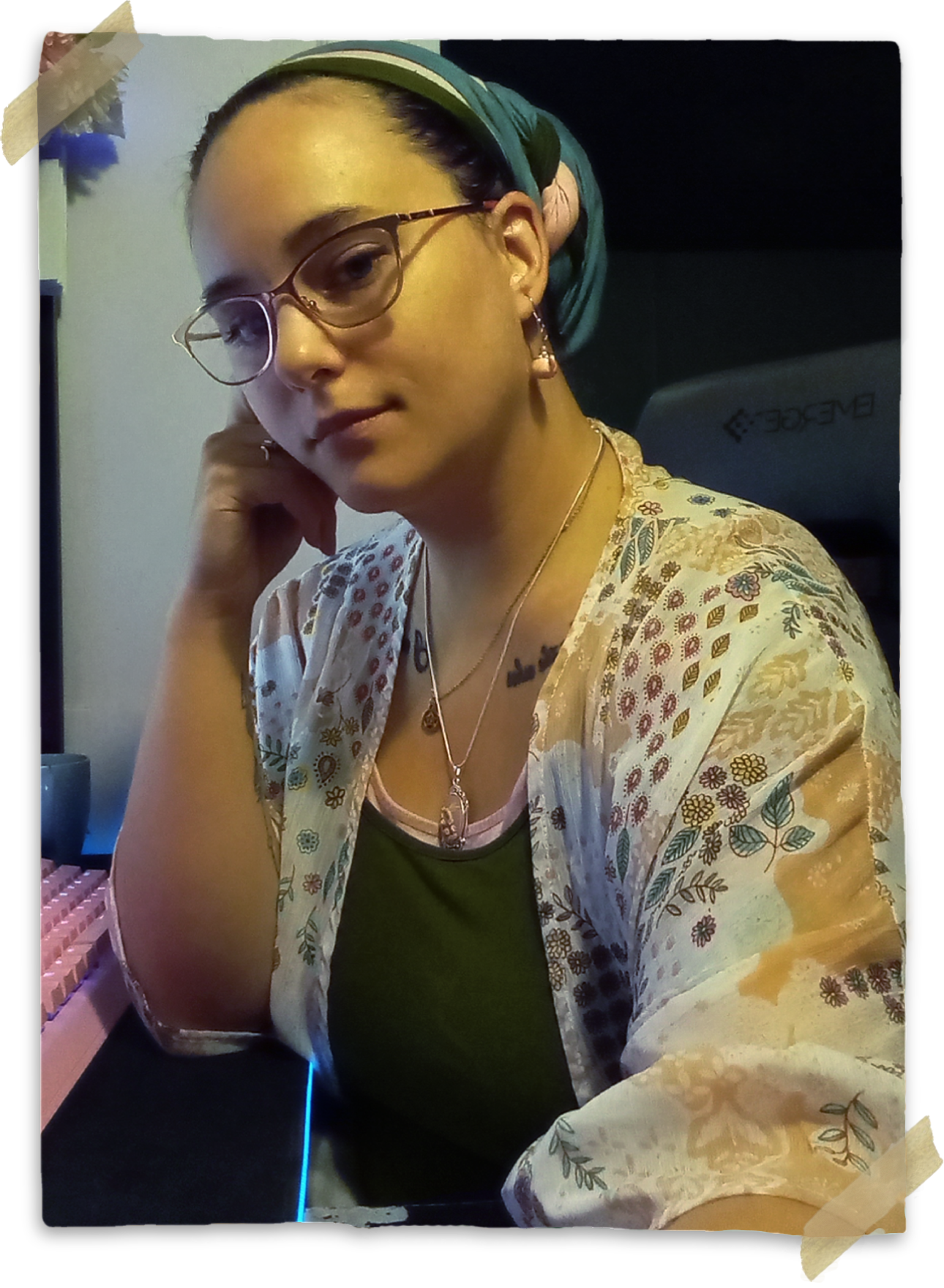
Comments
Author's Notes